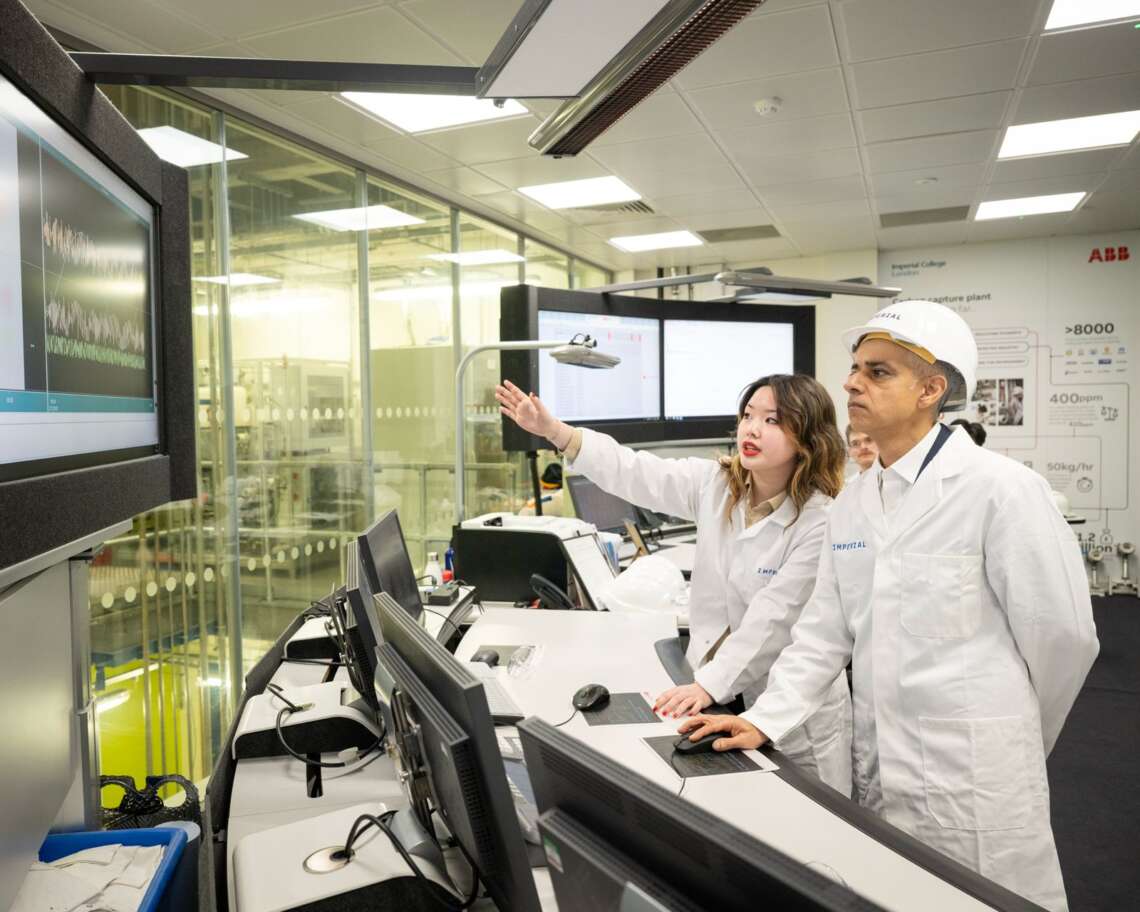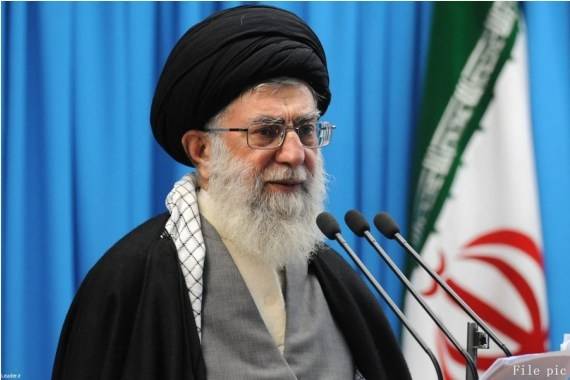London’s growth plan, developed in collaboration with businesses, trade unions, and local communities, focuses on addressing long-standing productivity challenges that have persisted since the 2008 global financial crisis
London’s ambitious new growth plan, aimed at revitalizing the city’s economy and generating an additional £27 billion in tax revenue, has received significant backing from India, which has emerged as the top investor in the initiative.
This new revenue will be channeled into essential public services across London and the UK, further cementing the city’s status as a global economic powerhouse.
The growth plan, launched by London Mayor Sadiq Khan and the growth agency London & Partners, seeks to increase London’s productivity by 2% annually over the next decade. If successful, it is projected to expand the city’s economy by £107 billion by 2035, revitalizing key sectors and strengthening its global position.
India’s contribution to London’s economic resurgence has been critical. In 2022-23, India overtook the United States to become the city’s largest Foreign Direct Investment (FDI) contributor—a trend that has continued into the 2023-24 financial year. Indian businesses, particularly in technology, have been rapidly expanding their presence in the UK capital.
Laura Citron, CEO of London & Partners, highlighted India’s increasing influence, noting that Indian technology companies are playing an essential role in driving growth and innovation within London’s thriving digital economy. “Indian technology companies have been expanding at an impressive rate, making a strong impact on the city’s innovation ecosystem,” Citron said.
In addition to business investment, Indian nationals have become an integral part of London’s vibrant international community. Official data for the 2023-24 academic year revealed that 38,625 Indian students are currently studying in London, a significant increase over the past decade. Indian students now account for over 20% of all international students in the city, up from under 5% in the early 2010s, underscoring the growing educational ties between the two nations.
Mark Hertlien, Chair of the International Network at London Higher, praised the surge in Indian student numbers. “Indian students contribute not only to London’s academic and cultural diversity but also play a key role in strengthening business and diplomatic relations between the UK and India,” he said.
The business sector has also seen a strong Indian presence. Leading IT firm Mphasis, for example, has expanded its operations in London, underscoring the city’s role as a global innovation hub. Ashish Devalekar, a senior executive at Mphasis, emphasized that London remains a top destination for the company’s global expansion. Mphasis recently opened a London Innovation Hub, which will focus on advanced technologies like artificial intelligence and quantum computing. The company plans to double its workforce in the city in the coming years, further enhancing London’s reputation as a leader in technological innovation.
London’s growth plan, developed in collaboration with businesses, trade unions, and local communities, focuses on addressing long-standing productivity challenges that have persisted since the 2008 global financial crisis. The plan emphasizes the development of a skilled workforce, fostering innovation, improving infrastructure, and supporting local high streets—all with the aim of making London a more attractive and sustainable city for businesses and residents alike.
Mayor Sadiq Khan expressed optimism about the future, stating, “By investing in our city’s infrastructure and workforce, we can ensure that London remains one of the most attractive places in the world to live, work, and do business.”
As India continues to play a pivotal role in London’s economic growth, both nations stand to benefit from the strengthened business, educational, and cultural ties this plan will foster. With a shared focus on innovation, opportunity, and collaboration, the partnership between India and London is set to become even more significant in the coming years.









